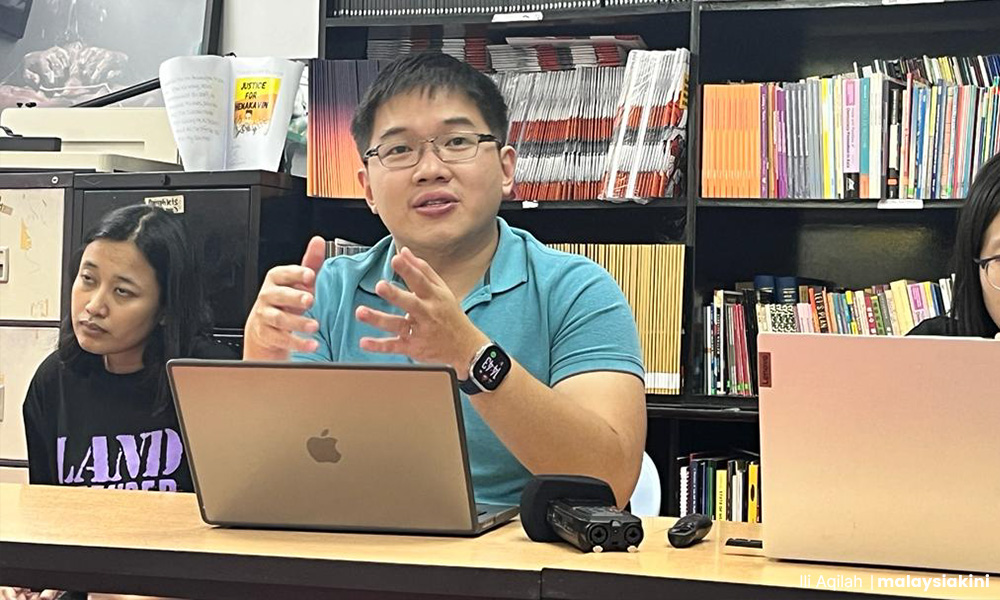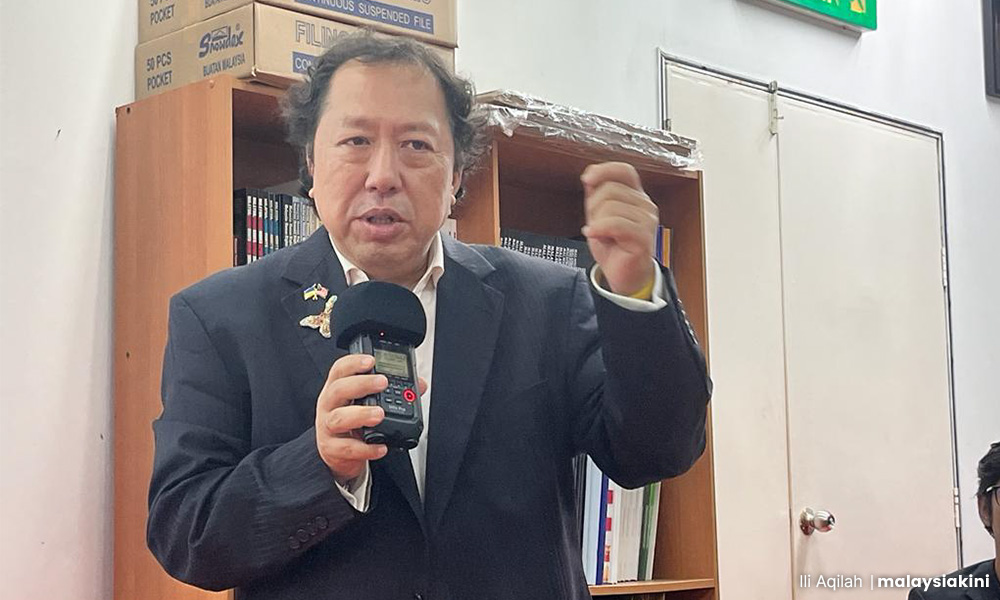With the upcoming Universal Periodic Review of the United Nations (UPR) next month, the Coalition of Malaysian NGOs (Comango) urged the government to be more open in tackling difficult issues.
The group said they would propose 46 recommendations in the review and called for quicker action from the government in addressing issues and implementing reforms.
Comango co-secretariat Ryan Chua said this includes issues involving the LGBTQ+ community and stateless citizens.
“We have been sending in our recommendations since the first cycle, which was in 2018. While there are still some recommendations mentioned again in the upcoming cycle, we can see that the government is slowly opening up, especially after 2018.
"Efforts have been made such as providing explanations on international human rights treaties on the Foreign Ministry's website using the Malay language,” he said during a press conference at Suaram office in Petaling Jaya today.
Chua added that the coalition was promoting justice for everyone and the 10-page report includes recommendations on various issues.

“It includes matters such as censorship, human rights and media freedom,” said Chua, adding that there are other reports submitted by other NGOs for the UPR including by Islamic NGOs.
However, Bar Council Human Rights Committee representative Andrew Khoo questioned why it took the government a long time to pass a law.
Citing the Children and Young Persons (Employment) Act 1966 (Act 350), Andrew said the government took more than 40 years to pass the amendment.

“The act was under the International Labour Organisation (ILO) Minimum Age Convention of 1973, which Malaysia ratified in 1997. It was finally passed by the Parliament in 2019. Why did it take so long?
“While some might say that at least the law has been changed but why does it need to be (after) 46 years? The progress has been incremental. Can the government speed things up?” he asked.
Comango, which comprises 46 NGOs, submitted their reports covering a variety of thematic areas.
Formed in 2008 to engage in the UPR, it is one of the biggest civil society coalitions of its kind and has produced four joint stakeholder reports for each cycle of the UPR for Malaysia.
It also includes two mid-term reports on the overall human rights situation in Malaysia, covering a variety of areas.
In a booklet prepared by Suhakam, it was noted that the government has continuously increased the number of accepted recommendations.
During the first review in 2009, a total of 103 recommendations were received and 62 were accepted. In 2013, 113 were accepted out of 232 recommendations, and during the third review in 2018, the government accepted 147 recommendations out of 268.
Notably in 2019, after the third cycle, police summoned LGBTQ+ activist Numan Afifi to question him about his speech during Malaysia’s UPR at the UN in Geneva, Switzerland.
Centre for Independent Journalism (CIJ) representative Dineshwaran Naidu, who was present at the press conference, said while Comango and Islamist groups may share common interests on matters such as the Sedition Act, there is still plenty to be discussed. - Mkini



No comments:
Post a Comment
Note: Only a member of this blog may post a comment.